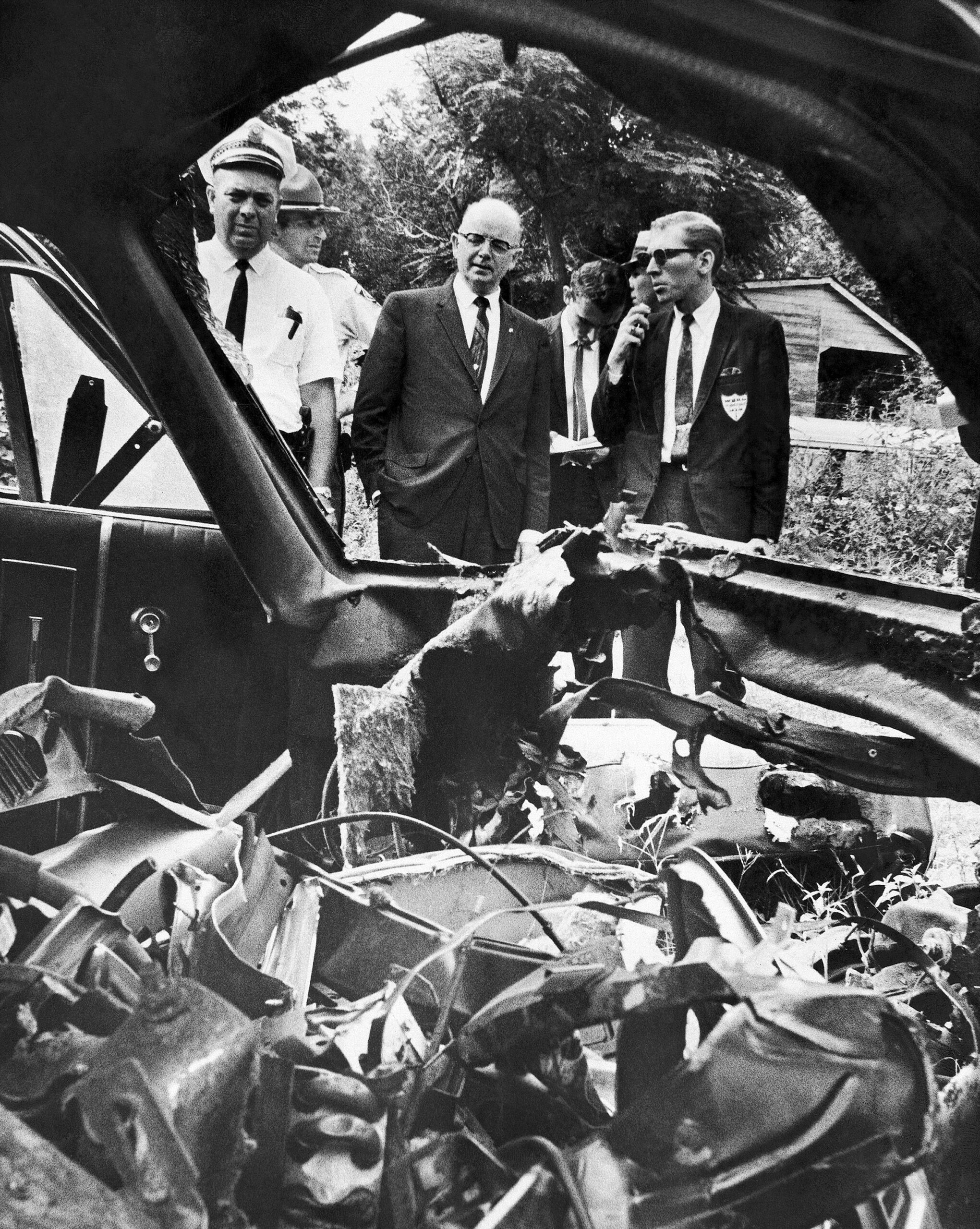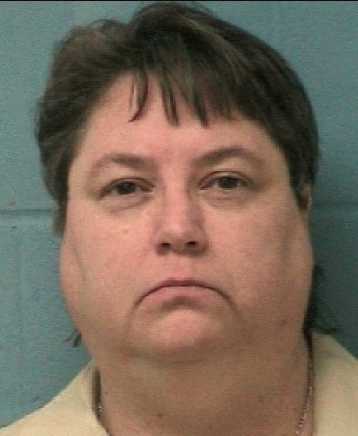On an early morning 50 years ago, Jackson County Solicitor General Floyd Hoard walked out of his Jefferson home, climbed into his Ford Galaxy, turned the ignition, and died when dynamite blew the car into
Hoard became the victim of an angry, vengeful bootlegger.
The 50th anniversary of the most notorious crime in Jackson County history is being observed Monday.
The University of Georgia Press is also re-releasing a memoir on the case, “Alone Among the Living: A Memoir of the Floyd Hoard Murder,” written by Hoard’s son, Richard Hoard.
Hoard, the pastor of Oconee River Methodist Church in Watkinsville, where he lives, is the author of three novels.
The Aug. 7, 1967, slaying is still remembered by many people in Jackson County.
Richard Hoard was only 14 when dynamite shattered the quiet morning. Eventually five men were charged with murder.
“They’re all dead,” Hoard said about these men.
The killing was arranged and paid for by longtime moonshiner A.C. “Cliff” Park of Pendergrass, whom lawmen believe was angered by the new prosecutor’s decision to crack down on illegal moonshine and car thievery that thrived in Jackson County.
The 76-year-old Park had two of his cohorts in the illegal business, George Iras Worley, 40, and Douglas Pinion, 40, find someone to kill Hoard. These two conspired with John Hyman Blackwell and Lloyd George Seay.
Seay showed Blackwell how to rig the bomb to a car’s electric coil and during the night Blackwell attached the bomb, according to court testimony. During the trial, Blackwell, 24, and Seay, 23, turned state’s evidence against Park.
Park died in prison, while Hoard said Seay was killed in a gunfight after he was paroled from prison. Pinion, ironically, died in his vehicle when it blew up from cans of gasoline in the cab. It is a mystery on whether it was self-inflicted or someone killed him, according to Hoard.
Worley died about 10 years ago and Blackwell died in 2004 in Pickens County at the age of 60.
Hoard actually went to the prison where Park was incarcerated and visited his father’s killer as a way of burying his anger and desire for revenge. That visit played a crucial role when Hoard wrote his memoir.
The son later paid his father’s killer another visit.
“I went to the funeral home when he died,” Hoard said. “He came to the funeral home when my Dad was killed, and he signed the registry.
“It’s been half a century,” he reflected. “It makes me feel old right now.”
a mangled mess.









